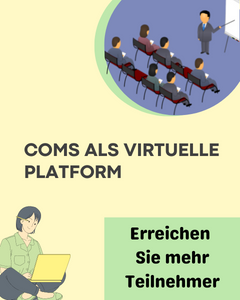Konferenzen > Mathematik > Numerische Analysis > Vereinigte Staaten
Wählen Sie ein Land aus
Belgien (1) Deutschland (3) Frankreich (1) Griechenland (1) Großbritannien (3) Kanada (2) Kroatien (1) Lettland (1) Nepal (1) Republik Moldau (1) Türkiye (1) Vereinigte Staaten (3) Österreich (1)
Vereinigte Staaten
1
Machine Computation in Homotopy Theory
22. Jun 2026 - 26. Jun 2026 • Providence, Vereinigte Staaten
Eintrags-ID:
1680171
2
Mathematics of 3D Reconstruction
13. Jul 2026 - 17. Jul 2026 • Providence, Vereinigte Staaten
Eintrags-ID:
1680238
3
Teaching Higher Category Theory with Computers
17. Aug 2026 - 21. Aug 2026 • Providence, Vereinigte Staaten
Eintrags-ID:
1680266
Conference-Service.com stellt der Öffentlichkeit ein Kalendarium wichtiger Konferenzen, Symposien und sonstiger Tagungen im wissenschaftlich-technischen Bereich zur Verfügung. Obwohl das Verzeichnis mit großer Sorgfalt zusammengestellt und ständig aktualisiert wird, weisen wir auf die Möglichkeit von Fehlern ausdrücklich hin. Bitte vergewissern Sie sich immer beim Veranstalter, bevor Sie über die Teilnahme oder Nichtteilnahme an einer Konferenz entscheiden.
Stand vom 28. Oktober 2025



